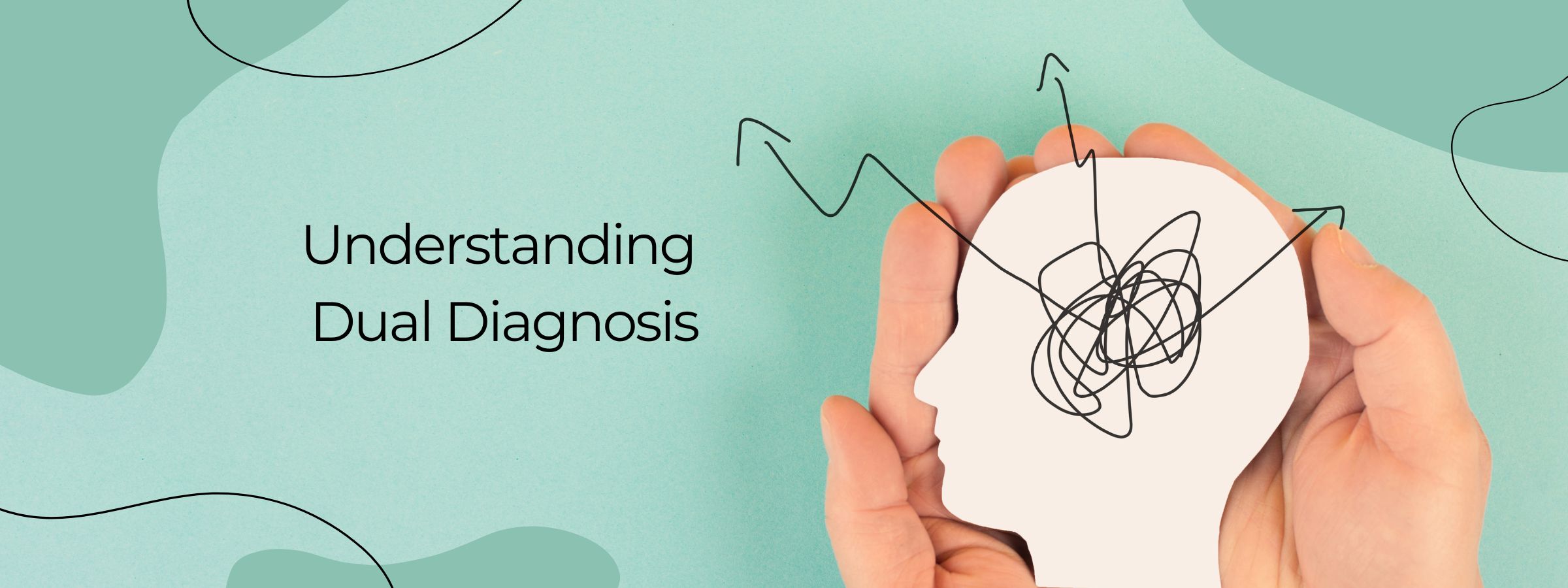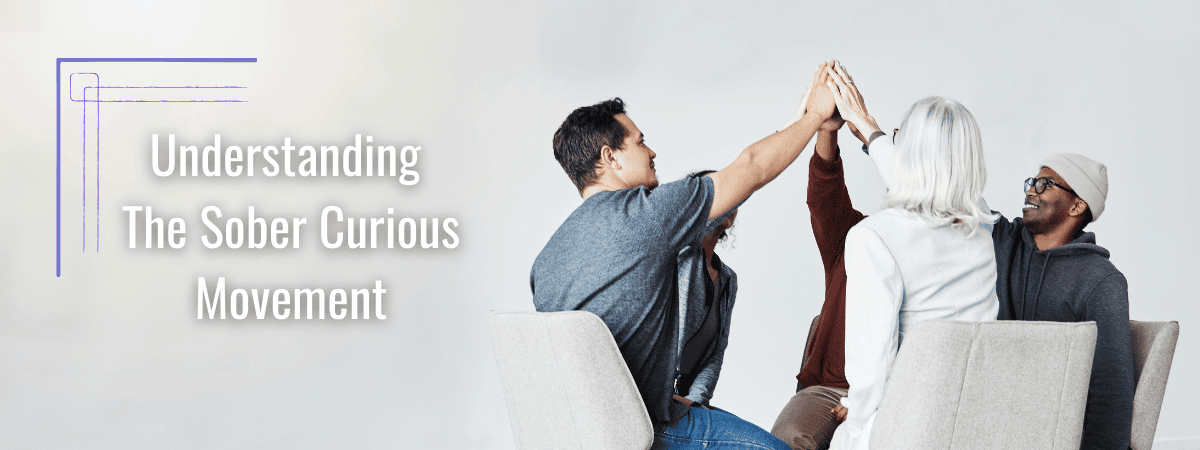In our country’s not-so-distant past, it was generally believed that addiction was the consequence of bad people making bad choices, which resulted in bad things happening. It was thought that addiction was in some ways a conscious decision and the inability to stop using drugs was because the person was weak willed and morally defunct.
While society’s views have changed greatly, the question still remains: Is addiction a disease? See how our thinking has evolved and learn why perceptions have changed.
Public Resistance To Addiction As A Disease
The idea of addiction as a disease was met with resistance from the beginning when alcoholism was classified as an illness by the American Medical Association in 1956. Many in the public felt it was simply untrue and an excuse for addicts. This line of thinking gave rise to political agendas that proved damaging for those suffering.
The government’s “war on drugs” in the 1970s and the use of the slogan “just say no” resulted in a culture not interested in understanding addiction. It cut off any real dialogue and furthered the misconception that only immoral people suffered from addiction.
Why Addiction Is Not A Moral Failing
A couple things happened that changed public perception and proved why addiction is not a moral failing. One was a greater scientific understanding of how addiction affects the mind. The other was the emergence of a legal drug, Oxycontin. This semi-synthetic opiate caused “normal” people to become addicted and ushered in an epidemic not seen since crack cocaine in the 1980s. As more and more people fell into the trappings of substance use, it began more evident just how powerful addiction could be.
Oxycontin Not The Miracle Drug It Was Portrayed As
Oxycontin was initially portrayed as a miracle drug for those suffering from chronic pain. Purdue Pharma, the drug’s maker, said it wasn’t as addictive as other semi-synthetic opioids and doctors began to prescribe it liberally. By the early 2000s there were millions of prescriptions and people started to realize its addictive potential. Those who may have never taken such powerful narcotics found themselves caught in its grip. Many were desperate to stave off horrific withdrawal symptoms and turned to more illicit means to feed their addiction.
By the time legislators understood the extent of the opioid epidemic, an entire generation was on a path to addiction. This epidemic affected all, not just impoverished areas. It was happening in suburban America and demonstrated to everyone what addiction was really like.
Scientific Findings On Addiction As A Disease
As people became more familiar with addiction, scientists continued research on the subject, seeing how the brain and body were affected. In 2011, the American Society of Addiction Medicine, after a 4-year study involving more then 80 experts, concluded that addiction was in fact a brain disorder and should not be classified as a behavioral issue.
They found that “the disease creates distortions in thinking, feelings and perceptions, which drive people to behave in ways that are not understandable to others around them.” It is this inability to understand the actions of an addict that has caused a great deal of confusion. But having the ASAM report these findings solidified the idea that addiction is not a choice or moral failing.
How Minds Are Altered By Addiction
Further scientific research involving brain scans shows that the mind is actually altered by addiction. Parts of the brain that affect rational choice and the pursuit of pleasure are much different in the mind of an addicted individual. While some people believe this is just the result of learned behavior, it is clear when considering other evidence that using substances is no longer a choice at a certain point. It is a compulsion being driven by the mind itself.
Despite substantial scientific evidence, there are many who cannot understand that addiction is not a moral failing. Yet, there is hope that people will eventually shed their perceptions as our understanding of addiction continues to evolve.
Get Help With Addiction At Sunrise Detox Center
If you or a loved one is struggling with addiction, reach out to Sunrise Detox Center. We take a personalized approach to detox and substance use therapy while treating you with respect and compassion. Call 866-989-4006 at any time, day or night, and get the help you need.



